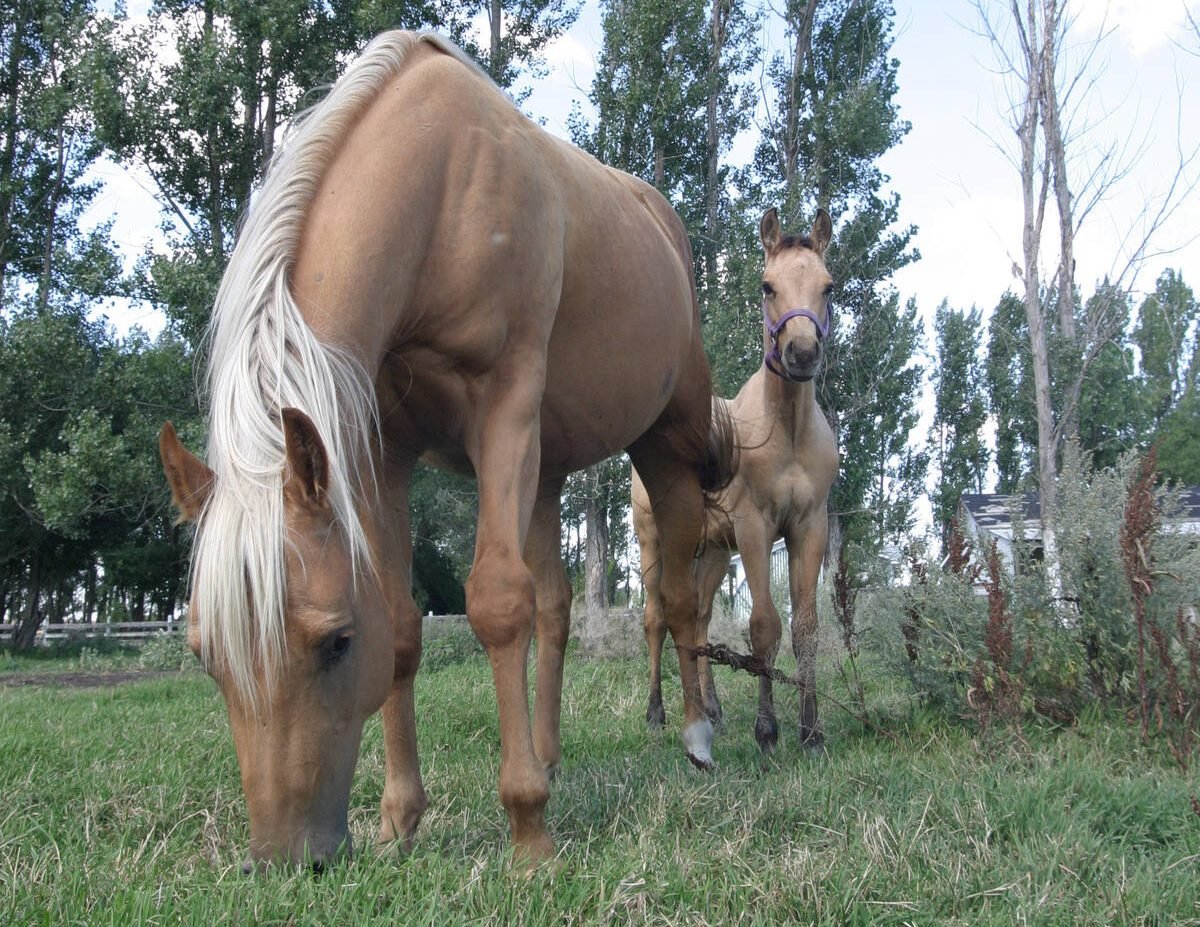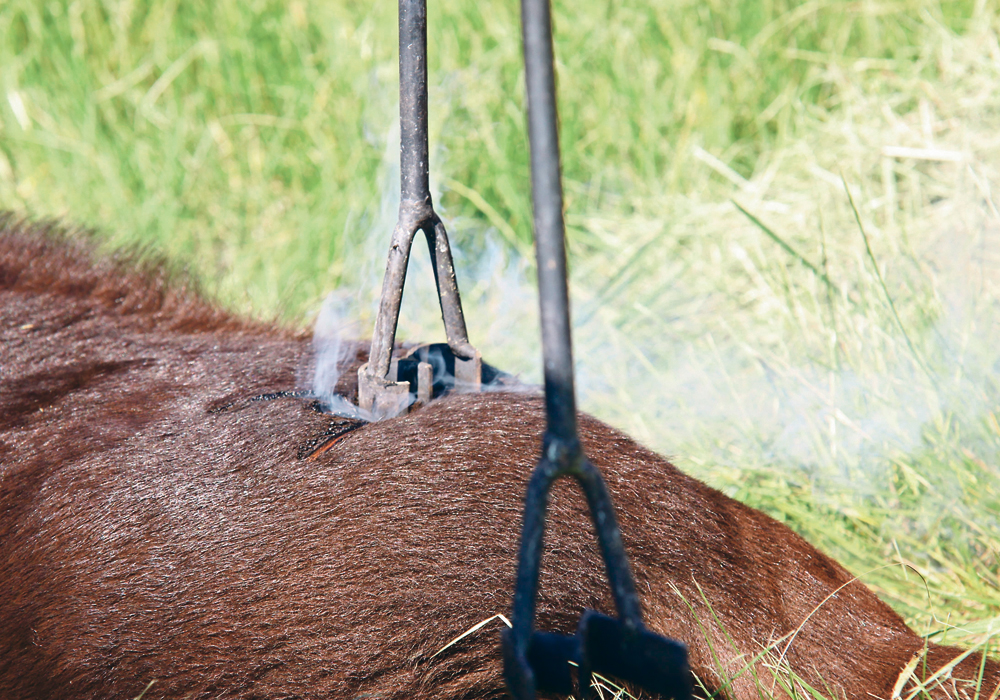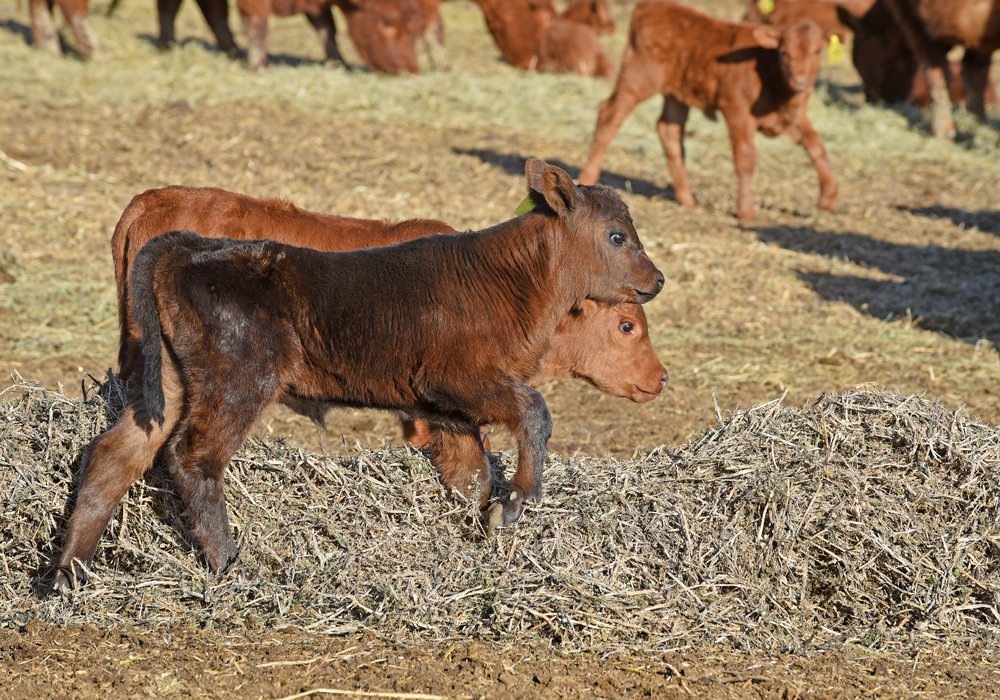Cattle group hopes by educating police officers on the industry that more investigations will lead to convictions
Livestock owners in Saskatchewan are making inroads in their efforts to bring more cattle thieves to justice.
But there’s plenty of work left to do, says the president of the Sask-atchewan Cattlemen’s Association.
“I wouldn’t say we’ve fixed the problem but we’re moving things in the right direction,” said SCA president Ryan Beierbach, a cattle producer from Whitewood, Sask.
“We’ve found in the past that stolen cattle aren’t as easy to track as, say, a stolen vehicle or as easy to prove ownership of. Sometimes that makes it tough to get them to pursue cases involving cattle.”
Read Also

Growth plates are instrumental in shaping a horse’s life
Young horse training plans and workloads must match their skeletal development. Failing to plan around growth plates can create lifelong physical problems.
The SCA has been trying to build a closer working relationship with the RCMP. They hope that then police will crack more cases that involve cattle theft or fraudulent activity involving livestock.
One of the first steps is educating police about how the industry works and offering advice on the types of evidence that are most likely to lead to convictions.
Over the past six months or so, the SCA has been in regular contact with the RCMP. They have been working with an officer who will act as a lead resource for crimes in-volving cattle.
Beierbach said the SCA’s role is focused largely on educating the RCMP about how the industry works, how cattle thieves typically operate and the sources that investigators can use to gather evidence.
“We’ve been trying to get them to understand the cattle business a little bit better and how it works,” Beierbach said.
“We’re trying to encourage them to be a bit more active on the investigation side.”
Beierbach said the SCA occasionally hears complaints from cattle producers who have lost cattle and are frustrated because police in-vestigations don’t produce the results they expect.
In some cases, charges are never laid.
In other cases, the details of the alleged crime seem clear but the investigation doesn’t lead to a conviction.
Beierbach knows the frustration first-hand.
He has lost two groups of cattle.
In one case, a group of yearlings went missing from summer pasture and were never located.
Beierbach suspects they were sold to an unsuspecting buyer who had no idea they were stolen.
In the second case, a group of branded yearlings disappeared and were located about six years later in the pasture of another cattle producer.
The animals had been stolen and sold.
Despite what would seem to be a cut-and-dried case, no charges were laid because investigators felt that too much time had elapsed between the animals’ disappearance and their discovery.
Brands and brand inspectors are an important source of information for officers investigating potential cattle thefts.
Unlike ear tags, which can be removed and replaced, brands re-main with animals wherever they go.
Livestock-related crimes can take several forms but a typical scenario involves cattle disappearing from summer pasture.
The rightful owners of the animals are never sure if the missing animals have broken through a fence and joined another herd, or if a thief pulled into the pasture, loaded up a trailer full of beef and drove off.
Pasture thefts involving trailers often occur in remote pastures where the perpetrators have little or no chance of being caught red-handed.
Thefts of this kind can cause losses of $20,000 or $30,000.
The crimes can go undetected for weeks or months until herds are being rounded up in the fall.
“I wouldn’t say it (cattle theft) is really common but when it does happen, we hear quite a bit about it,” Beierbach said.















